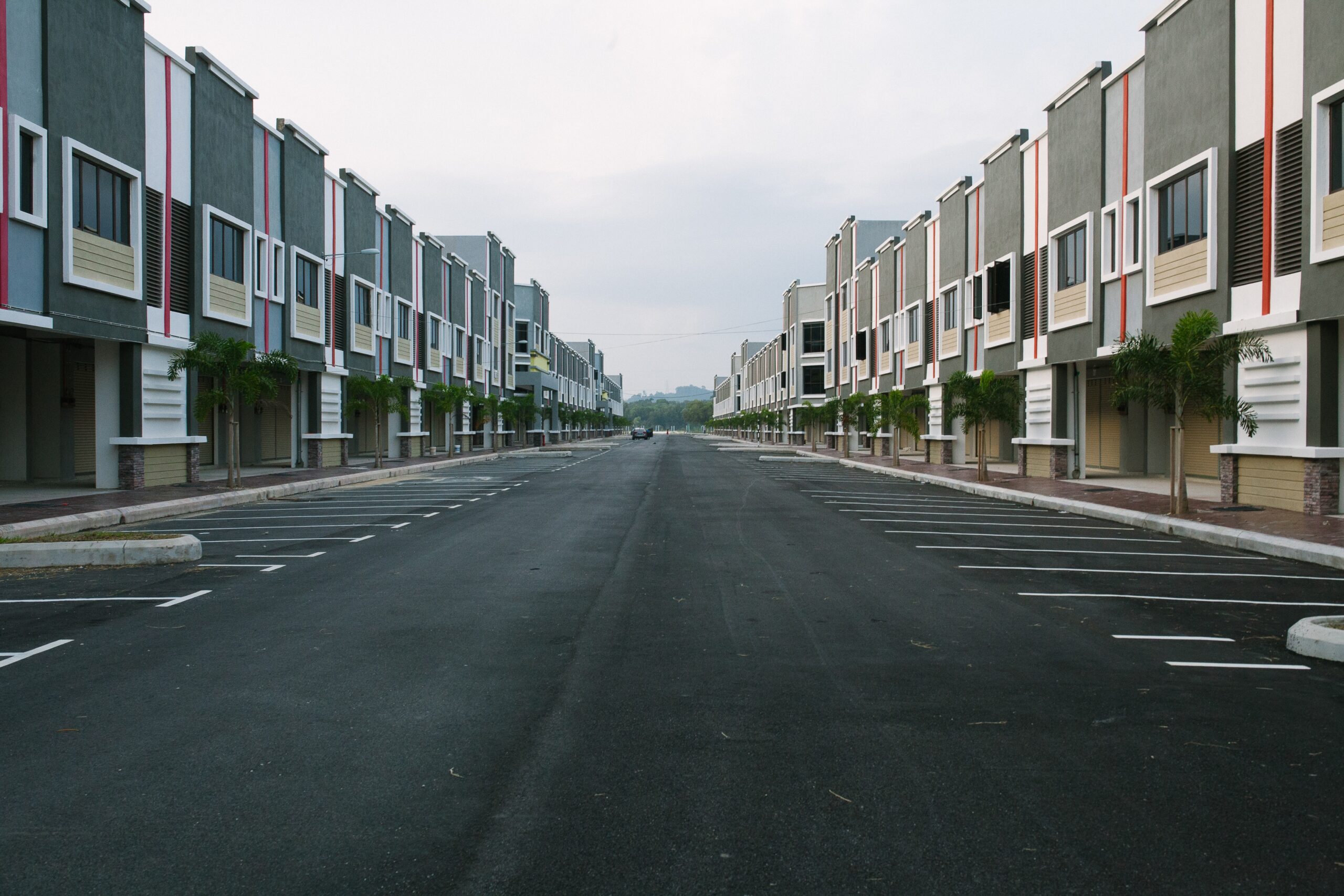The Pros and Cons of Investing in a Rental Property within an HOA Community
Investing in rental properties can be an excellent way to generate passive income and build wealth. However, when considering purchasing a rental property, it’s crucial to understand the unique dynamics of owning a property within a homeowners association (HOA) community. In this article, we will explore the pros and cons of investing in rental property…
Read more



